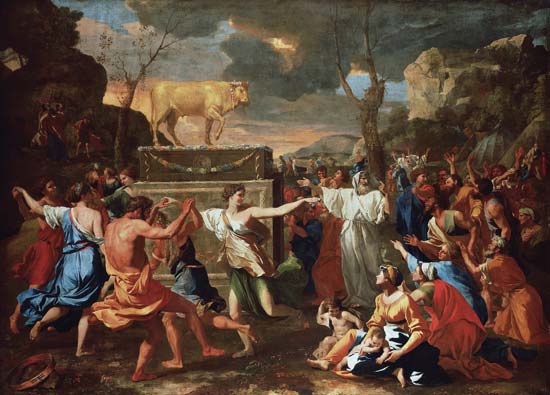Let’s look at the evidence to see if the Trinity doctrine is in Revelation chapters 17-22. The word “trinity” is never mentioned, just as it is never mentioned anywhere else in the Bible, and God, Jesus, and the holy Spirit are never mentioned in the same verse or even in the same context, in these chapters. So, let’s examine the evidence that we do find in these chapters, and see where it leads us!
“The Lamb will triumph over them because he is Lord of lords and King of kings”—Revelation 17:14 NIV . Trinitarians claim that Jesus’ titles here, “Lord of lords and King of kings,” mean that he is Almighty God, because Almighty God also has these same titles. However, their claim is undercut by scriptural evidence from Ezra 7:12 where “Artaxerxes” is identified as “king of kings” (NIV), and by Daniel 2:37 where “Nebuchadnezzar” (Daniel 2:1),is also identified as “the king of kings” (NIV). Even more powerfully, “the Lamb”, who is Jesus Christ, is identified as “the Lord of lords and King of kings”(NIV). The “Lamb” was “slain” (Revelation 5:6 NIV), and Jesus said he “was dead” (Revelation 1:18 NIV). Since the Scriptures tell us that “God . . . will never die” (Habakkuk 1:12 NIV), Jesus Christ cannot be Almighty God! read more



